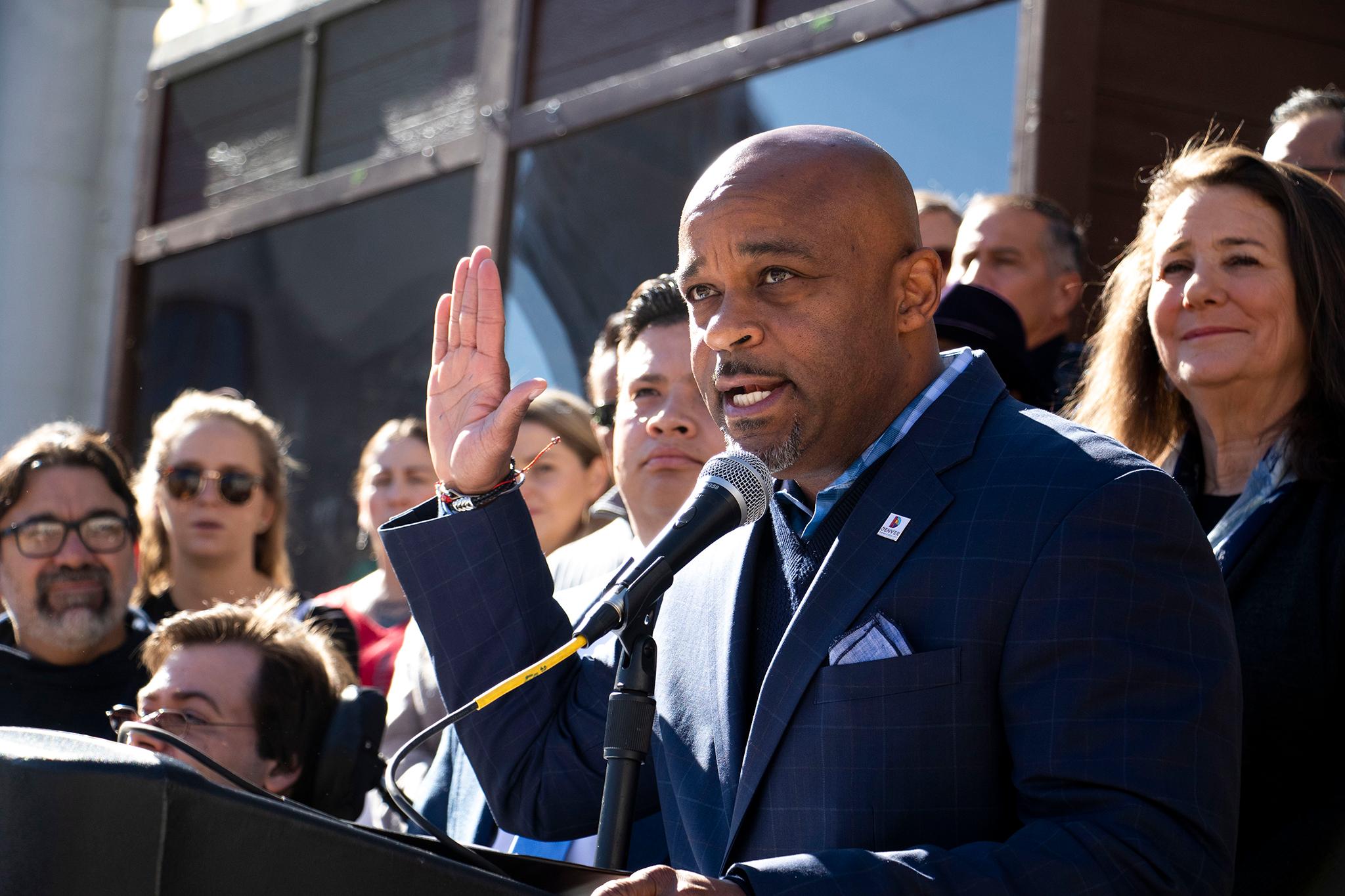Mayor Michael Hancock announced Thursday that he has declared a state of emergency for the City and County of Denver in response to the novel coronavirus.
The declaration makes additional resources available to assist in Denver's emergency response, according to a statement issued by the city's COVID-19 joint information center.
The declaration doesn't make specific resources available; rather, it opens the door to more state and federal resources if and when the city needs them.
"It's extremely fluid," said Office of Emergency Management spokeswoman Loa Esquilín García. "This is an evolving situation. This may open different funding streams, like federal funding or for us internally. It could be requesting equipment."
Nine individuals in the city and county have tested positive for COVID-19, and 22 individuals have been quarantined.
The mayor has issued emergency declarations during blizzards, including last year's massive bomb cyclone.
Esquilín García declined to say which resources specifically were made available during the bomb cyclone as a result of the emergency declaration. "It's not the same we're getting from this one," she said.
She said resources could include more state or federal money, food, or access to programs that have ties to state or federal funding.
The emergency declaration lasts for seven days. If Hancock decided to extend the declaration, he would need approval from Denver City Council.














